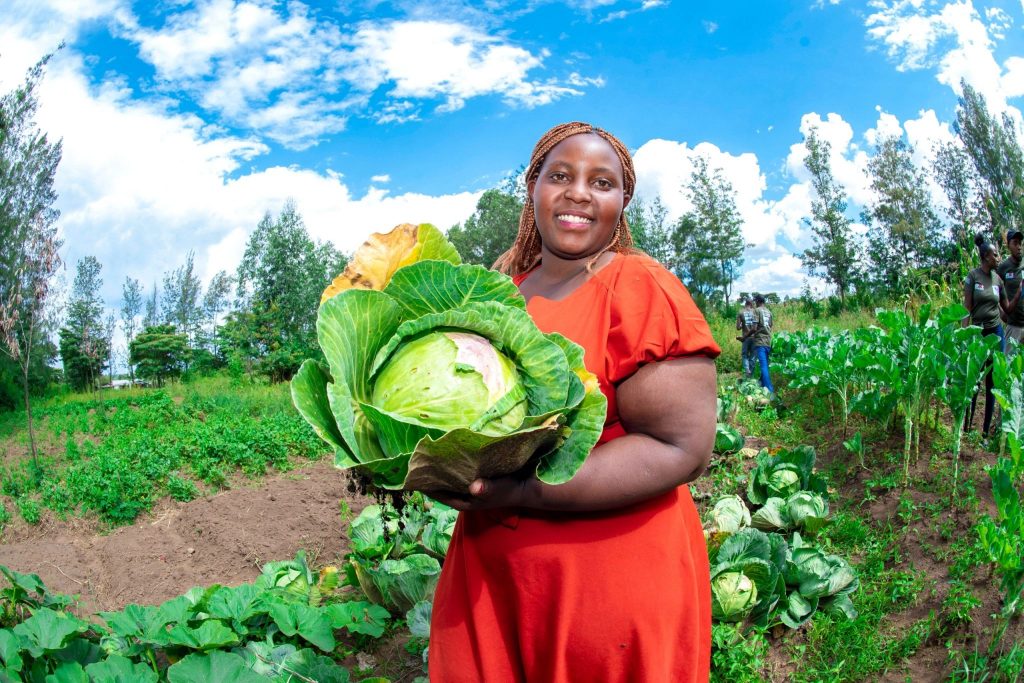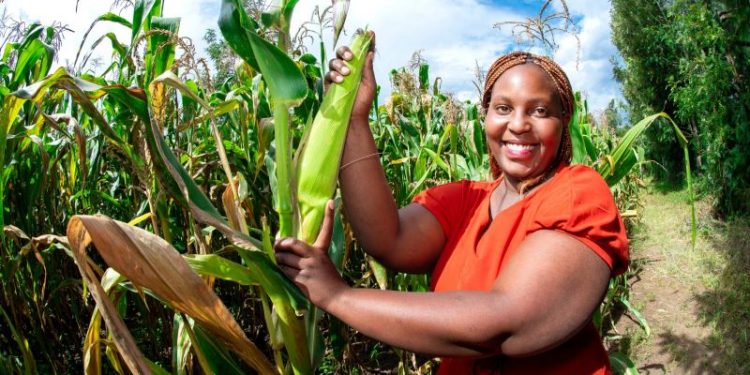How a group of 14 farmers is transforming agriculture with sustainable practices and innovative solutions like Black Soldier Fly larvae and organic fertilizers.
Indian Agriculture Professionals and Global Stakeholders in Climate Carbon Biologicals Bioenergy Food have recently spotlighted an inspiring story from Nakuru County, Kenya. In a region where agricultural innovation is essential for survival, a group of 14 farmers, led by Esther and her Bee My Partner Youth Group, is proving that sustainable farming can empower communities and drive economic growth.
Esther’s journey into farming began with a passion that has grown into a successful circular economy. The group has built a system that not only supports their local community but serves as a model for other farmers in the region. Their secret? A combination of innovative thinking, community focus, and unconventional farming techniques.
At the heart of their efforts is the production of organic fertilizer known as Bocashi, which is sold to local farmers at affordable prices. This fertilizer is produced using sustainable methods, helping to reduce dependency on chemical inputs and improving soil health in the region. The group’s emphasis on affordability and accessibility allows them to make a meaningful impact on the surrounding farming community.
But Esther and her team didn’t stop there. They introduced an unexpected element into their farming strategy: Black Soldier Fly larvae. This innovative feed source has proven to be a game changer for poultry farmers in the area. Packed with protein, the larvae significantly reduce poultry feed costs by nearly half, making farming more sustainable and profitable. Additionally, the team has incorporated Azolla, a protein-rich aquatic plant, further diversifying their approach to feed and sustainability.
Beyond poultry farming, the Bee My Partner Youth Group is also involved in fish farming and beekeeping, creating a multifaceted operation that embodies the principles of agroecology. Their farming techniques reflect a commitment to community empowerment, environmental stewardship, and economic sustainability.
The real magic lies in the group’s willingness to share their knowledge. They actively teach other farmers how to replicate their model, spreading the benefits of sustainable practices across the region. Esther’s group serves as a beacon of hope, showing how limited resources, when combined with innovative thinking and unity of purpose, can create lasting change.
The Bee My Partner Youth Group is not just changing how farming is done—they are reshaping the future of agriculture in their region. Their efforts are empowering local farmers, providing affordable solutions, and promoting practices that benefit both the environment and the economy.








